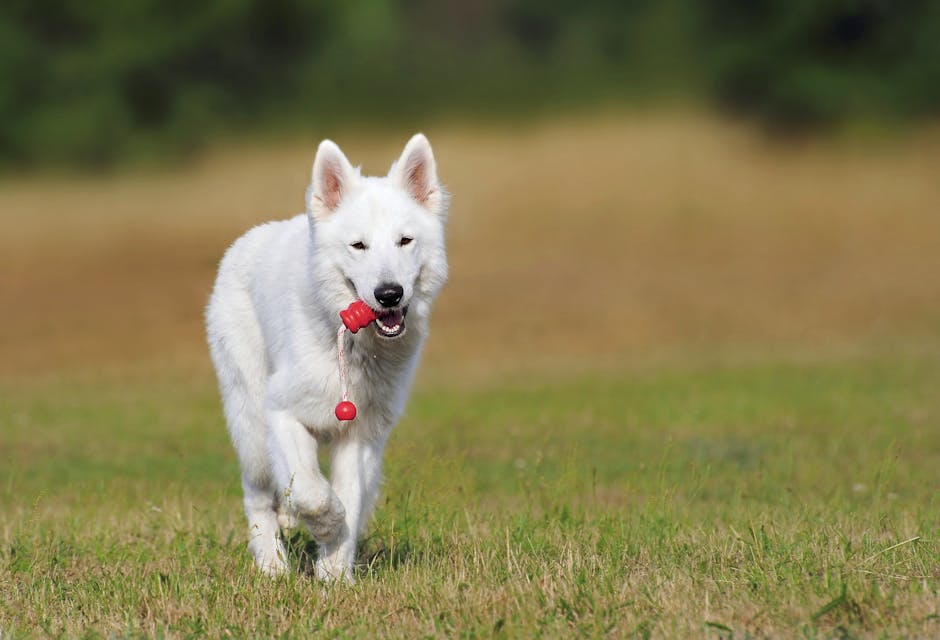Dogs are wonderful companions that bring joy and love into our lives. However, training them can be a challenging but rewarding experience. Effective dog training requires patience, consistency, and positive reinforcement. Here's a comprehensive guide to help you embark on this journey with success.
**Understanding Your Dog's Behavior**
Before you begin training, it's crucial to understand your dog's natural behaviors and motivations. Dogs are pack animals that thrive on structure and leadership. Therefore, establishing yourself as a calm and assertive pack leader is essential. Observe your dog's body language, vocalizations, and interactions to decode their communication.
**Positive Reinforcement**
Positive reinforcement is the foundation of effective dog training. Instead of punishing your dog for misbehavior, reward them with treats, praise, or play for desired behaviors. This approach encourages your dog to associate good actions with positive consequences. When rewarding, be immediate, specific, and enthusiastic.
**Start with Basic Commands**
Begin training by teaching your dog basic commands like "sit," "stay," "come," and "heel." Use clear hand signals and verbal cues, and be patient as your dog learns. Practice in short, frequent sessions to avoid overwhelming them. Keep the training environment calm and distraction-free.
**Leash Training**
Leash training is essential for controlling your dog in public spaces. Start by introducing the leash to your dog and allowing them to sniff and explore it. Gradually, teach them to walk calmly beside you without pulling or lunging. Use a short leash initially and extend it as they become more comfortable.
**Socialization**
Socialization is crucial for well-rounded dogs. Expose your dog to different people, animals, and environments in a positive and controlled manner. This helps them develop confidence, reduce fear, and improve their ability to interact appropriately.
**Advanced Training**
Once your dog has mastered the basics, you can consider advanced training such as agility, obedience, or therapy work. These activities provide mental and physical stimulation, strengthen the bond between you and your dog, and offer opportunities to showcase their skills.
**Training Challenges**
Training setbacks are common, and it's important to stay calm and patient. If your dog is struggling with a particular behavior, revisit the basics, break down the training into smaller steps, and make sure your dog is not overwhelmed. Consistency and perseverance are key.
**Professional Help**
If you encounter significant training challenges, don't hesitate to seek professional help. A certified dog trainer can evaluate your situation, provide personalized guidance, and help you develop effective training strategies.
